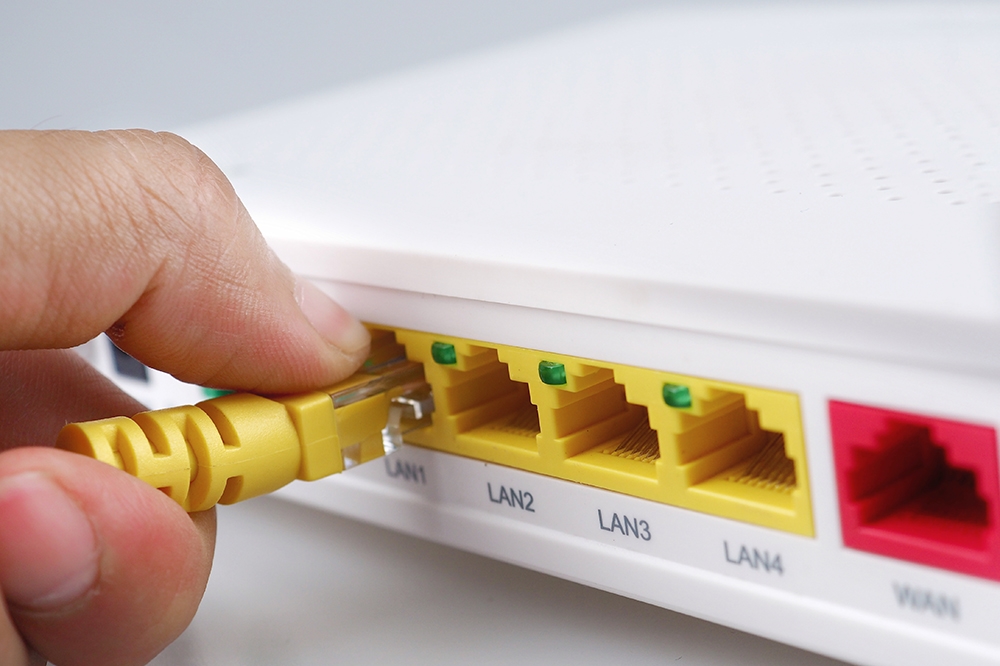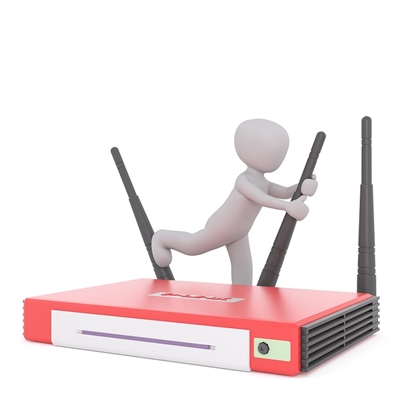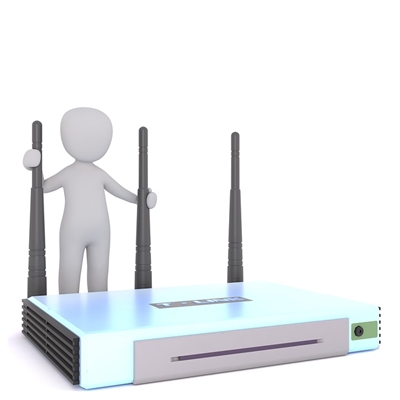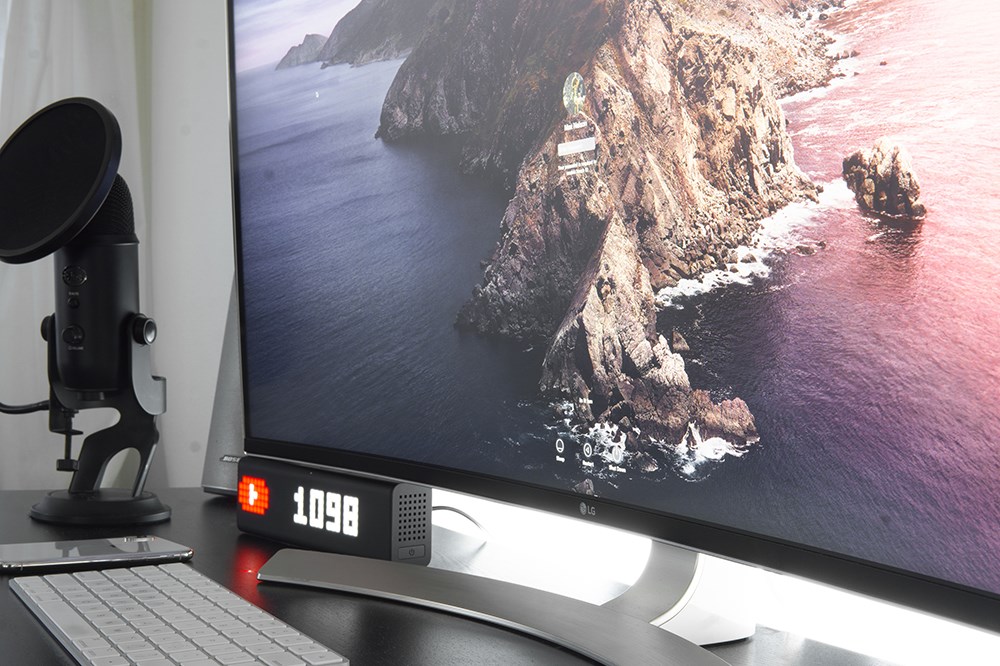How To Configure SNMP on a D-Link Router

The Simple Network Management Protocol (SNMP) helps set up logging and monitoring on a D-Link router. SNMP essentially records access attempts in a log file and sends alerts when issues occur. In addition to monitoring and managing network devices, the protocol allows network management stations to change the router, gateway, switch, and other device settings.
SNMP needs to be manually enabled on a D-Link router. Of course, everything is set up from the console, directly available in your internet browser.
SNMP
The Simple Network Management Protocol essentially provides a language for the local network devices to use for communication. This is important for relaying management info both in single- and multi-vendor environments in LAN, as well as in WAN. The latest version of SNMP features many much-needed security measure enhancements that are used to encrypt and authenticate SNMP messages. The added security features also make sure that packets are protected during transit.
SNMP is used and supported on a wide range of hardware, which includes both network equipment (routers, wireless access points, and switches) and endpoints (scanners, printers, IoT devices). However, in addition to hardware support and monitoring, SNMP is used to oversee various protocols and services, such as DHCP (Dynamic Host Configuration Protocol). Networks of any size can utilize SNMP, but its real value lies in large networks.

D-Link Router
Like any other router, the main purpose of a D-Link router is forwarding IP packets between computer networks. This information is transferred between the internet and individual computers. D-Link routers are among the most popular on the market.
Although people tend to use routers for their intended purpose, i.e. routing, they are also the first line of defense against network intrusions. This might be relatively trivial in a home setting, but when there is information to harvest and data to steal, having a highly secure router can be vital.
Configuring SNMP on a D-Link Router
Now that the basics of both SNMP and D-Link routers are clear, let’s move on to the actual configuration. For your security purposes and to ensure that everything works properly, it is important that you set things up properly. The first order of business is to open your preferred web browser and paste your router’s IP address into the address bar. The default IP address is: 192.168.1.1
From here, you’ll need to log into the console, using the username and password provided in your D-Link router’s box.

1. Update the Router
First of all, you need to make sure that your router is working perfectly. Although D-Link routers usually come with up-to-date firmware, you should check for updates just to be safe. Do this by launching your web browser and make sure that the computer/device that you are using is connected to that particular router’s network. Look around in settings until you find the Firmware Update or Router Update option.
2. Open SNMP Manager
Upon updating, your router may need to restart or you may need to log in again. Log in like you did the first time. Next, you’ll want to open SNMP manager. Do this by navigating to Administration, located in the right navigation panel. From there, find and click the SNMP Manager link. This will open the manager. In the drop-down box, find and click SNMP Community Table.
3. Set Up Traps
Within the SNMP Community Table, select Public. This displays all public connections and log-in information. Click OK. From the configuration menu, select Send Traps. In order to log SNMP messages, you’ll need to enter an email address/select a filename to log.
4. Set Up Monitoring
Select the IP address of the local router. This address will likely be on the list of monitored servers. Selecting this option enables local router monitoring. Keep in mind, though, that the IP address of server computers can be used for from-the-router monitoring. Click OK and exit.
Use Your Router with Care
You can never be too careful when it comes to online security. Setting up traps is just as important as setting up monitoring.
If you have any other questions regarding D-Link routers, just let us know in the comments below.
















